News
For media inquiries, please contact OUUVzrqvn@hpfs.rqhude.fscu@aidemIHHB
Image
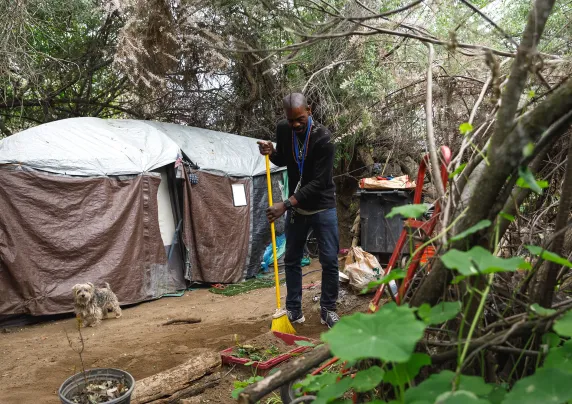
6 Myths About Homelessness in California
CalMatters •
July 8, 2024
Image

Supreme Court OKs Local Crackdowns on Homelessness, as Advocates Warn of Chaos
KFF Health News •
June 28, 2024
Image
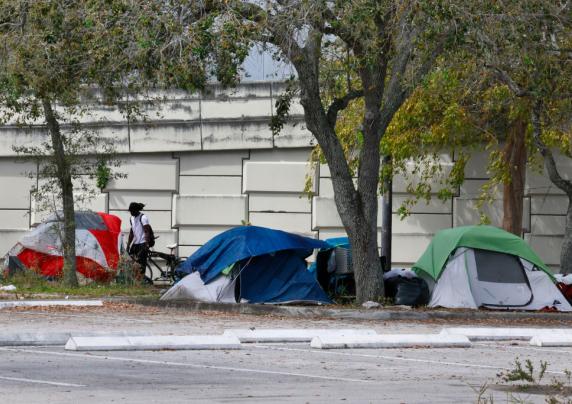
What the SCOTUS Camping Decision Means for Local Homelessness Policy
Bloomberg •
June 28, 2024
Image
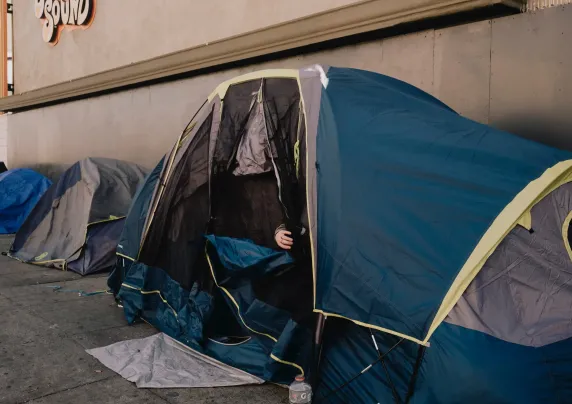
Los Angeles Homeless Count Drops for the First Time in 6 Years
New York Times •
June 28, 2024
Image
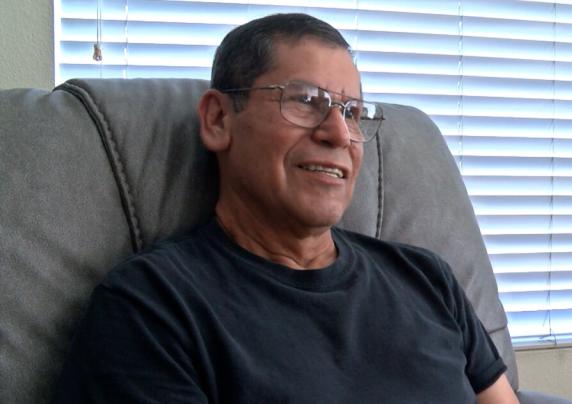
San Diego County Expands Rental Subsidy Program for Older Adults
KPBS •
June 26, 2024
Image
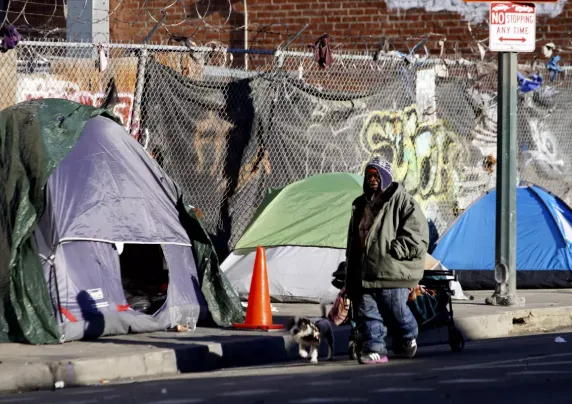
Editorial: Lack of Housing Is Pushing More Seniors Onto the Streets. That’s on All of US
Los Angeles Times •
June 24, 2024
Image
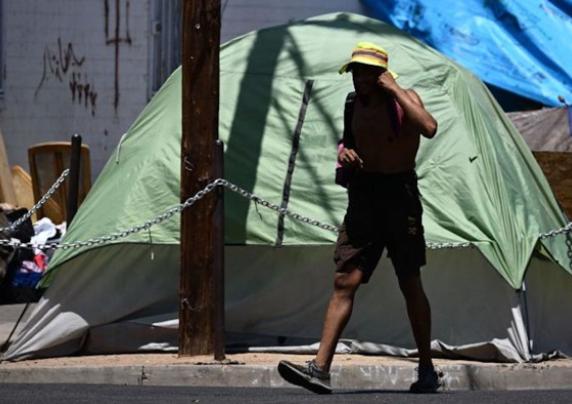
Building Emergency Housing to Meet the Unique Needs of Older Adults
Route Fifty •
June 21, 2024
Image
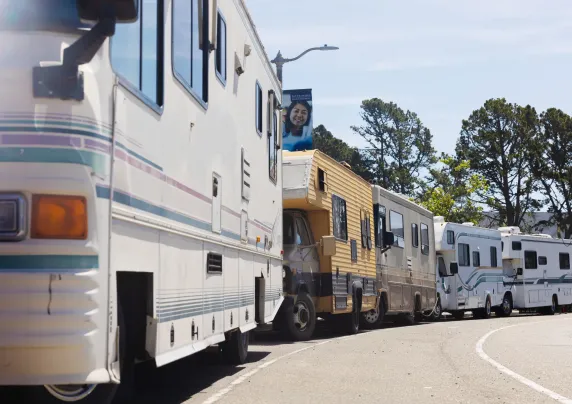
Homeless RV Dwellers Face Looming Expulsion—and No Plan for What Comes After
San Francisco Standard •
June 19, 2024
Image
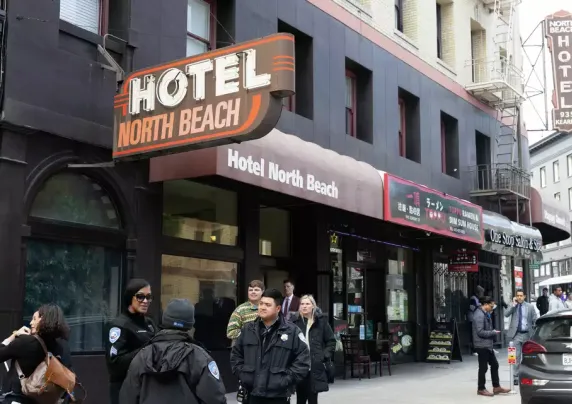
S.F. Officials Push for Homeless Housing With a Novel Rule: No Drug Use
San Francisco Chronicle •
June 17, 2024
Image

Many Older Adults ‘Will Die Homeless,’ As Home Prices Surge and Safety Nets Fail
MarketWatch •
June 11, 2024